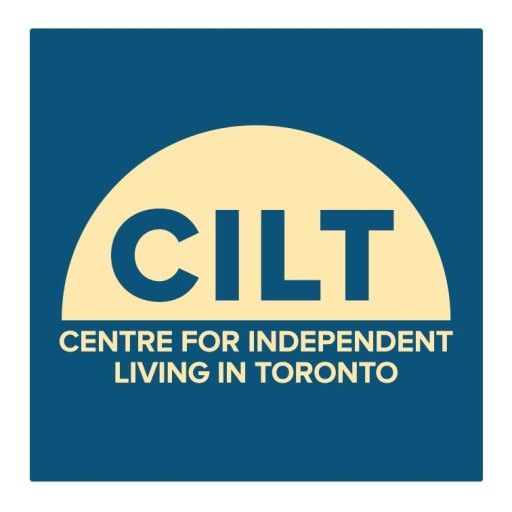
“I witnessed the power of community, the power of collective voices and disability rights in action. I was excited and Vic saw that I had potential to be an ally supporting the community. I then joined the CILT board, and my education started there and continues to this day.”
I am honored to write about my reflections and future thoughts about the Centre for Independent Living in Toronto and disability rights in Canada. I am a non-disabled senior, retired, cisgendered female and third generation Canadian of Japanese descent who has lived in Toronto her entire life. My relationships with disability are multiple and wide. I have family members living and thriving with disability. I have friends and colleagues with disabilities, whom I have met through my long and enjoyable association with CILT. I have worked in equitable partnerships with the disability rights community in Ontario, my entire career at the university in teaching and research initiatives. I am presently volunteering with two disability community initiatives.
My reflections on CILT.
I first learned of CILT in a brief encounter with Sanda Carpenter at the CILT office on Harbord Street in Toronto. I came back to the university to do my PhD in 1986. I wanted to do community disability-focused research. However, I realized that I knew nothing about disability, nor about community issues or life in the community for disabled people. I asked if I could meet with Vic Willi, the ED of CILT during this time. As we chatted, he invited me to attend a community event to support attendant services. At that meeting, I witnessed the power of community, the power of collective voices and disability rights in action. I was excited and Vic saw that I had potential to be an ally supporting the community. I then joined the CILT board, and my education started there and continues to this day.
I have learned about the importance of equitable partnerships in working with and supporting the broad disability community. The leadership at CILT, the late Vic Willi, the late Sandra Carpenter, the current executive director, Wendy Porch, coupled with the leadership of other pioneering/first generation leaders such as the late Ian Parker, Hazel Self, Tracy Odell, Mazin Aribi, and so many others, all demonstrate the importance of developing partnerships with others – disabled or non-disabled to enhance the quality of life and human rights for disabled people.
Disability Futures
Given the present socio-political context of disability discrimination in Canada, (MAID, lack of accessible housing, employment, appropriate attendant services, etc.), the importance of partnerships to push back against these inequities and to safeguard what has been achieved over the many decades requires vigilance, continued community disability leadership and partnering with others. I am optimistic and will continue to support the broad and diverse disability community.
About Karen: Karen Yoshida, Ph.D. is retired Professor Emerita (2022), Department of Physical Therapy, University of Toronto. She led a Critical Disability Studies teaching/ research program, in partnership with the disability rights communities (1987-2022). A board member of CILT in the late 1980’s, she received the 1996 CILT Founder Award. Karen was Canadian Disability Studies Association president in 2014-2015. In 2020, she received the, Tanis Doe Award, English CDSA-ACEH. This award is named for the activist/professor Tanis Doe and honors an individual who dares to “speak the unspeakable” in advancing the study and culture of disability, and who has enriched through research, teaching, or activism the lives of Canadians with disabilities







